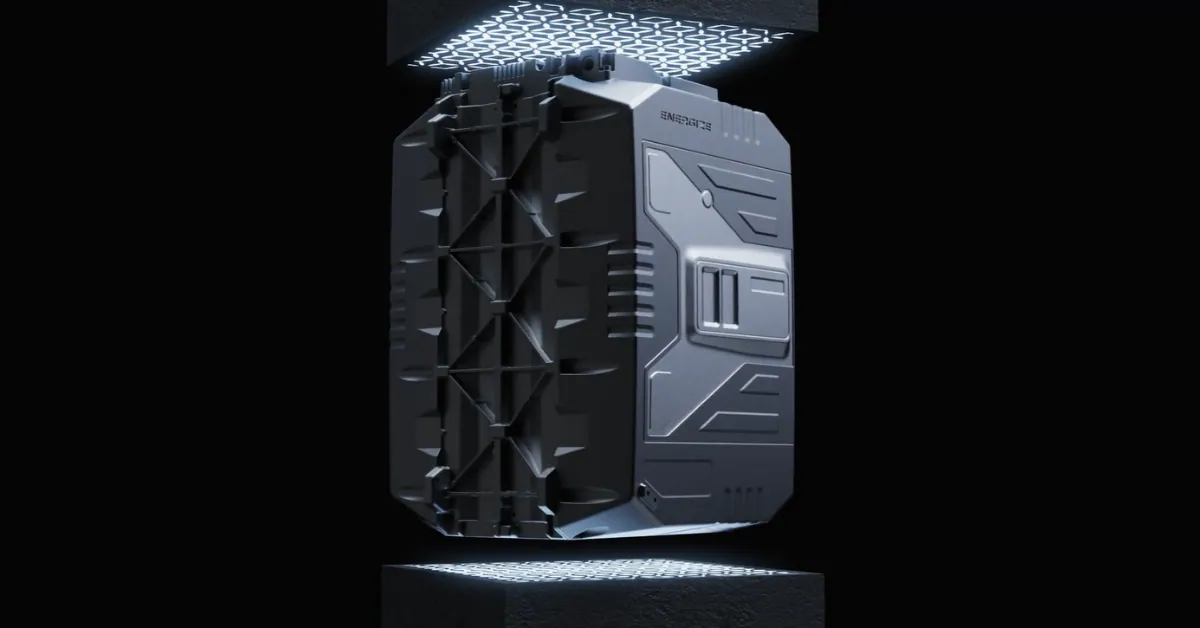In a significant development, Toyota has unveiled its ambitious battery technology roadmap, highlighting plans to introduce four next-generation battery types, with one revolutionary solid-state variant expected to launch by 2027-28. This roadmap is integral to Toyota’s vision of having 3.5 million Battery Electric Vehicles (BEVs) on the road by 2030.
- Performance Batteries (2026): Toyota’s Performance batteries will feature lithium-ion chemistry and are anticipated to debut in BEVs by 2026. These batteries promise an impressive driving range of nearly 800 kilometers. The improved aerodynamics and reduced weight of these vehicles will complement these batteries, making them not only energy-efficient but also 20% more cost-effective than current battery technology. Additionally, they will offer enhanced charging capacity.
- Popularisation Batteries (2026-2027): Utilizing lithium iron phosphate (LFP) chemistry and a bipolar construction method previously employed for nickel-metal-hydride (NiMH) batteries, Popularisation batteries are projected to become available between 2026 and 2027. These batteries aim to provide a practical and economical solution for BEVs.
- High-Performance Batteries (2027-2028): Toyota’s High-Performance batteries, slated for launch between 2027 and 2028, will employ lithium-ion chemistry in combination with a high nickel cathode. This potent combination will enable BEVs to achieve a remarkable driving range of over 1000 kilometers. Additionally, Toyota expects a 10% reduction in manufacturing costs and an impressive DC fast charging time of less than 20 minutes from 10% to 80% charge.
- Solid-State Batteries (2027-28): Perhaps the most groundbreaking in this lineup are Toyota’s solid-state batteries, also set to debut around 2027-28. These batteries are expected to offer a driving range of 1000 kilometers and boast advantages such as increased durability, faster charging times, and reduced power depletion. However, it’s worth noting that they may have limitations in terms of overall battery life.
In summary, Toyota’s forward-thinking approach to battery technology includes Performance, Popularisation, and High-Performance batteries based on lithium-ion and lithium iron phosphate chemistries. These innovations promise impressive driving ranges, cost-effectiveness, and rapid charging. Furthermore, the introduction of solid-state batteries by 2027-28 represents a significant leap in the world of electric vehicles, with the potential to revolutionize the industry. Toyota’s ambitious goal of having 3.5 million BEVs on the road by 2030 underscores its commitment to sustainable transportation solutions.
